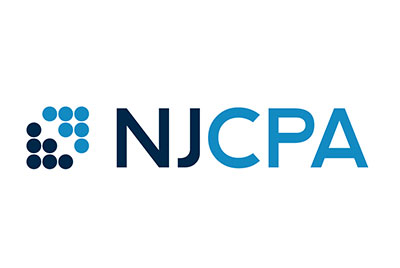Nearly 80% of CPAs Surveyed Say Governor Murphy’s Proposed $55.9 Billion Budget Will Leave Economy Worse
–
March 12, 2024

Respondents Say
Corporate Transit Fee Will Prompt Businesses to Exit
Nearly 80% of the 405 certified public accountants (CPAs) surveyed by the New Jersey Society of Certified Public Accountants (NJCPA) after Governor Murphy proposed his $55.9 billion budget for fiscal year 2025 on Feb. 27 said the budget will leave the state’s economy either marginally worse or significantly worse over the long term. Forty-five percent said the economy will get significantly worse and 32% said it would get marginally worse. Only 12% said it would get better.
Governor Murphy’s budget, which would become effective July 1, included a corporate transit fee, which would levy a tax of 2.5% on businesses that earn more than $10 million in profits as another means of fiscal support to NJ TRANSIT. More than 70% of NJCPA survey respondents said the tax would prompt businesses to leave New Jersey. Instead, they said the Murphy administration should focus on shrinking government, lowering taxes of individuals and businesses, implementing zero-based budgeting and reforming the state pension system. They added that the cost structure of NJ TRANSIT should also be fixed.
“The proposed new corporate transit fee, which comes just after sunsetting the Corporation Business Tax (CBT) surcharge, may cause the largest businesses to reconsider a future of establishing, expanding or keeping their business in the Garden State,” said Aiysha (AJ) Johnson, MA, IOM, CEO and executive director at the NJCPA. “In recent NJCPA surveys, more than half of the CPA respondents admitted to advising a New Jersey-based business client to consider relocating outside of New Jersey due to the state’s high cost of doing business.”
Governor Murphy’s budget proposal called for an increase in state aid to fully fund the state’s K-12 schools; an increase in school meals; programs to address teacher shortages; a full pension payment; new investments in the state’s parole system, family planning and health services; augmenting AI; supporting small businesses; funding New Jersey’s ANCHOR Property Tax program; and maintaining expansions of certain tax credits.